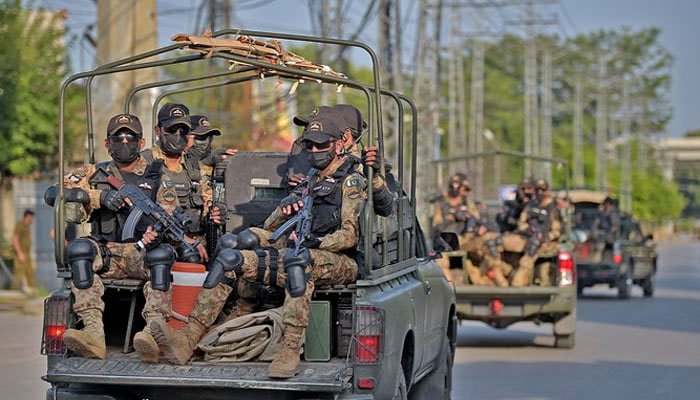The department has reinforced school timing regulations to improve operations and ensure educational activities run smoothly.
Punjab introduces attendance monitoring system for teachers. The Punjab School Education Department (SED) introduced a new monitoring system to ensure teacher attendance in public schools, aiming to improve the overall quality of education across the province.
This system focuses on strict compliance with working hours for principals and teachers as part of a broader initiative to enhance educational standards and maintain school discipline.
As per the media reports, the SED has instructed all school staff to adhere to specified duty hours, with surprise inspections by department officers to ensure compliance. The guidelines, issued on August 11, emphasize that principals and teachers must stay in school until 2:30 pm. The department has reinforced school timing regulations to improve operations and ensure educational activities run smoothly.
The SED has communicated these instructions to all District Education Authorities (DEAs) chief executive officers in Punjab, stressing the importance of adhering to the previously issued schedule.
Teachers are now required to prepare lesson plans, engage in professional development, and participate in academic and extracurricular activities during extended school hours and alternate Saturdays. The department warned that no leniency would be tolerated, and officers are responsible for ensuring full compliance.
Effective August 15, the updated school timings for single-shift schools are Monday to Thursday, 8 am to 1:30 pm, and Friday, 6 am to 12 noon. Double-shift schools will observe different timings for morning and afternoon shifts. Teachers’ hours will be slightly extended to accommodate school activities.
In other news, the Punjab Higher Education Department (HED) completed the first round of interviews for the posts of Directorate of Public Instruction (colleges), Chief Executive Officers (CEOs), and District Education Authority (DEA) positions. About 120 candidates were assessed on their administration, communication, IT, leadership, and other skills during the interview process.





